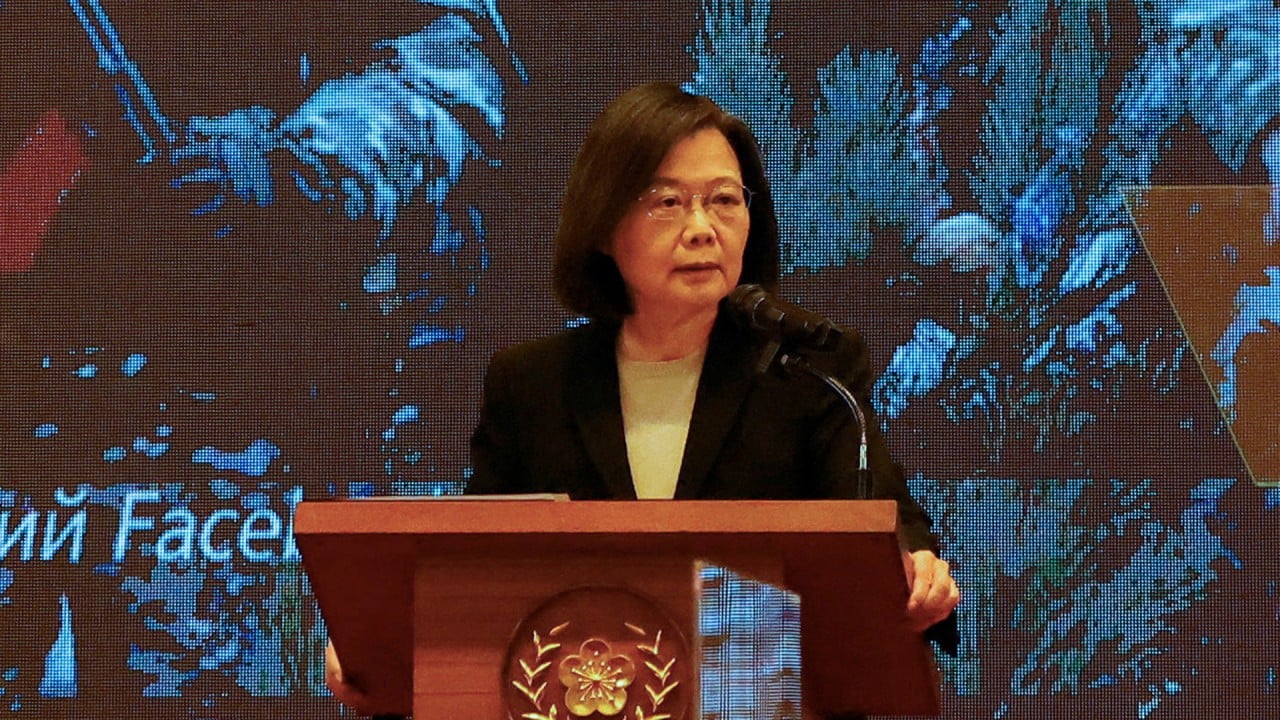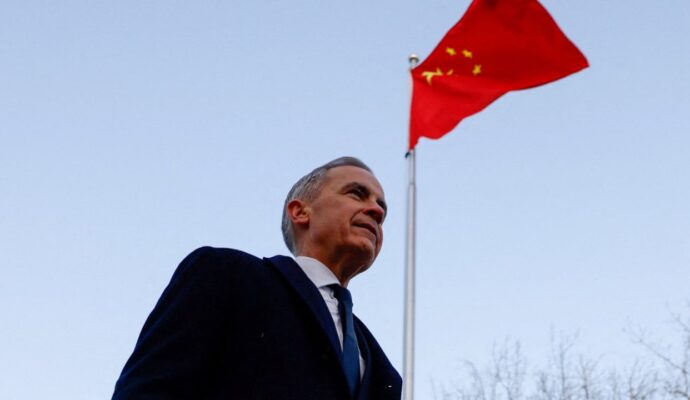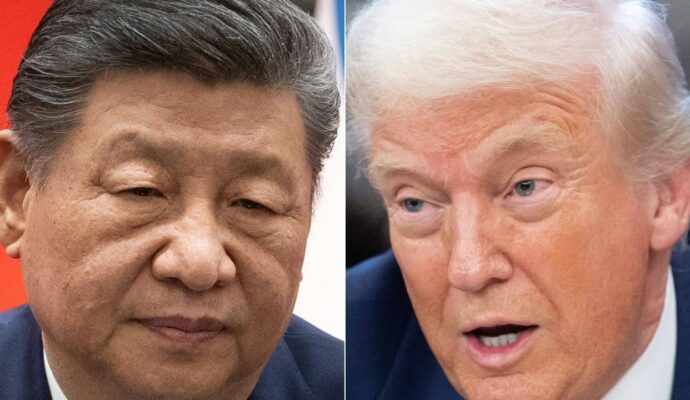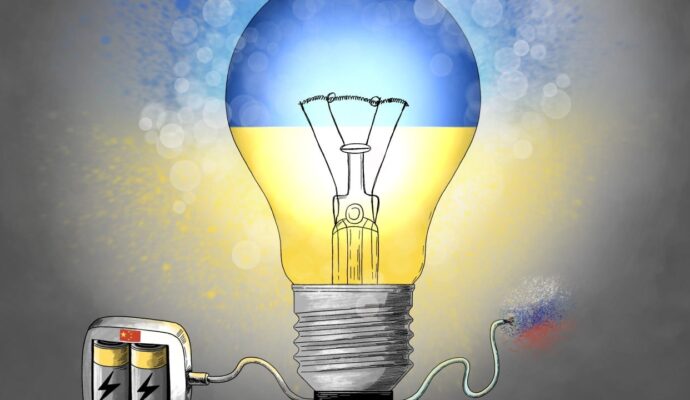Even though authoritarian leaders did not come to power through competitive elections, they still had incentives to ensure their policies aligned with prevailing public opinion to avoid an internal backlash, the authors wrote.
However, analysts said the authorities could use “sophisticated means” to shape public opinion, potentially calming more extreme voices.
The nationwide survey was conducted in late 2020 and early 2021, when respondents were asked a series of questions about their attitudes towards Taiwan and their favoured options as things stand now.
Apart from the 55 per cent supporting a full-scale war, just 1 per cent favoured the most extreme option of not trying other options first.
Other options designed to coerce Taiwan into agreeing to unification also won majority support. These included “initiating limited military campaigns on the outskirts of Taiwan” (58 per cent), “using economic sanctions” (57 per cent) and “maintaining status quo to increase economic and military power” until unification (55 per cent).
Strong nationalist feeling is one factor Beijing must consider in its approach to Taiwan. Photo: AP
Given the extreme sensitivities around the issue, it was perhaps surprising that some 22 per cent of respondents said they were fine with the two sides keeping separate political systems “with unification not necessarily being the end game”, compared with 71 per cent who said this was unacceptable.
Addressing the political taboos around this issue on the mainland, the authors said: “This basically amounts to agreeing to de facto Taiwan independence, a term we refrained from using to ensure survey feasibility in the Chinese context and to avoid inducing social desirability bias.
“Thus, it is possible that the estimated support for this policy option is only the lower bound. Regardless, this finding challenges the prevailing narrative that getting Taiwan back is the collective will of almost everyone in mainland China.”
The survey was conducted using an online opt-in panel – making it more representative of the views of internet users than the general population.
Statistical sampling was used to ensure the demographic make-up of the panel reflected official figures, but those taking part were better educated than the population as a whole with most having college degrees.
The researchers also tried to gauge respondents’ degree of nationalism by asking five questions about their national pride and sense of belonging.
They concluded that a higher degree of nationalism combined with peer pressure created an “amplifying effect” that drove people to support more aggressive options and pressured more moderate voices to conform.
However, they also found that the appeal of the aggressive options was dampened by concerns about the economic, human and reputational costs of a forceful takeover and the likelihood of the United States intervening.
Although earlier studies have concluded that younger mainland Chinese tend to be more nationalistic and hawkish, this poll found that in fact older respondents tended to favour more aggressive policy choices such as full-scale war or military coercion.
“Perhaps the older Chinese have now become more impatient and are more willing to see the Taiwan issue resolved, presumably during their lifetime, one way or the other, rather than wait indefinitely,” the authors said.
The release of the survey comes at a time when tensions over the Taiwan Strait have increasingly become a key stage for the bitter rivalry between China and the United States.
“The government’s rhetoric on Taiwan has been tougher than in the [former president] Hu [Jintao] and Jiang [Zemin] eras, for various reasons like the more recalcitrant Democratic Progressive Party government in Taiwan, China-US rivalry and President Xi [Jinping]’s own ambition,” Liu said.
But recent signs, including a recent speech by the Communist Party’s fourth-ranking official Wang Huning where he emphasised the importance of cross-strait ties, showed that Beijing was “trying to walk back from [its] tough rhetoric”, Liu added.
“[Beijing] shall not feel compelled to take a tougher stance on Taipei as milder policy options are also acceptable in the eyes of the Chinese public,” he said.
The survey could also indicate that armed unification was not Beijing’s only choice, Liu said, so the US “should also not design its China policies as if the reunification clock is really ticking”.



